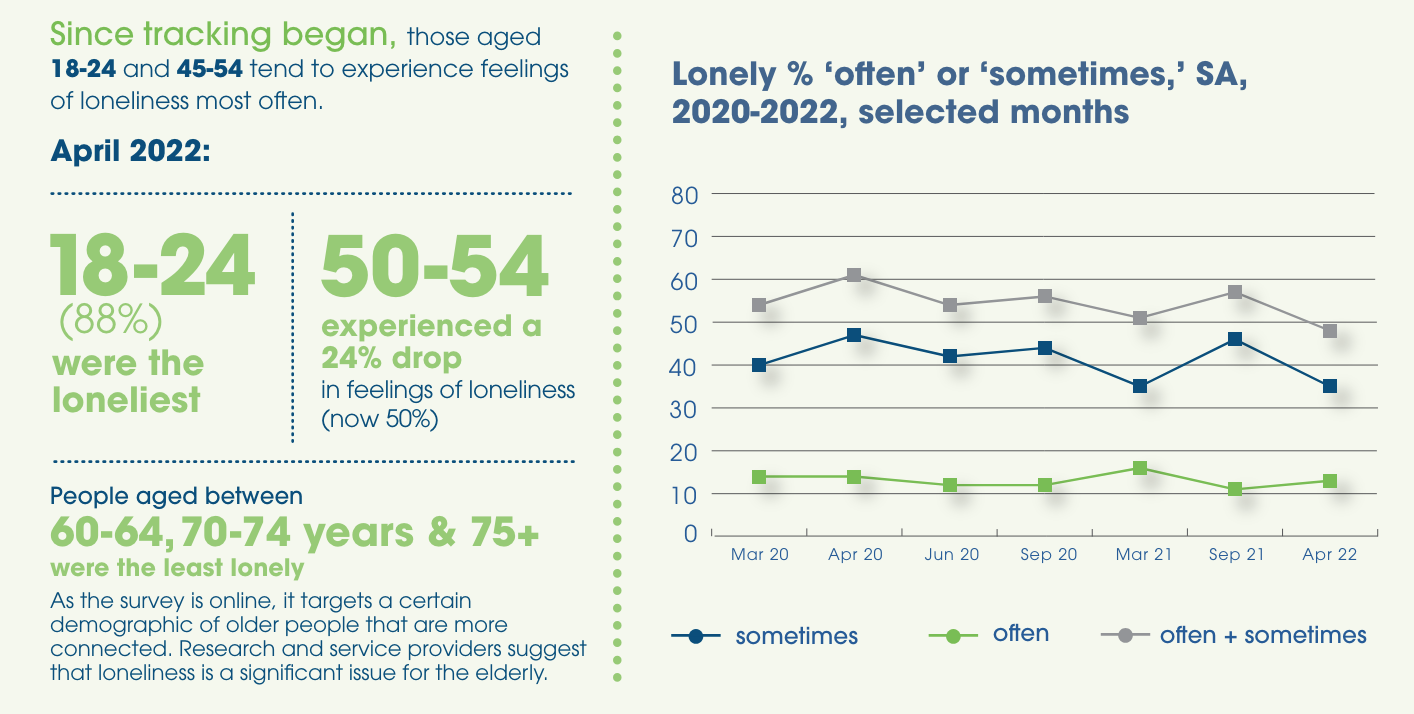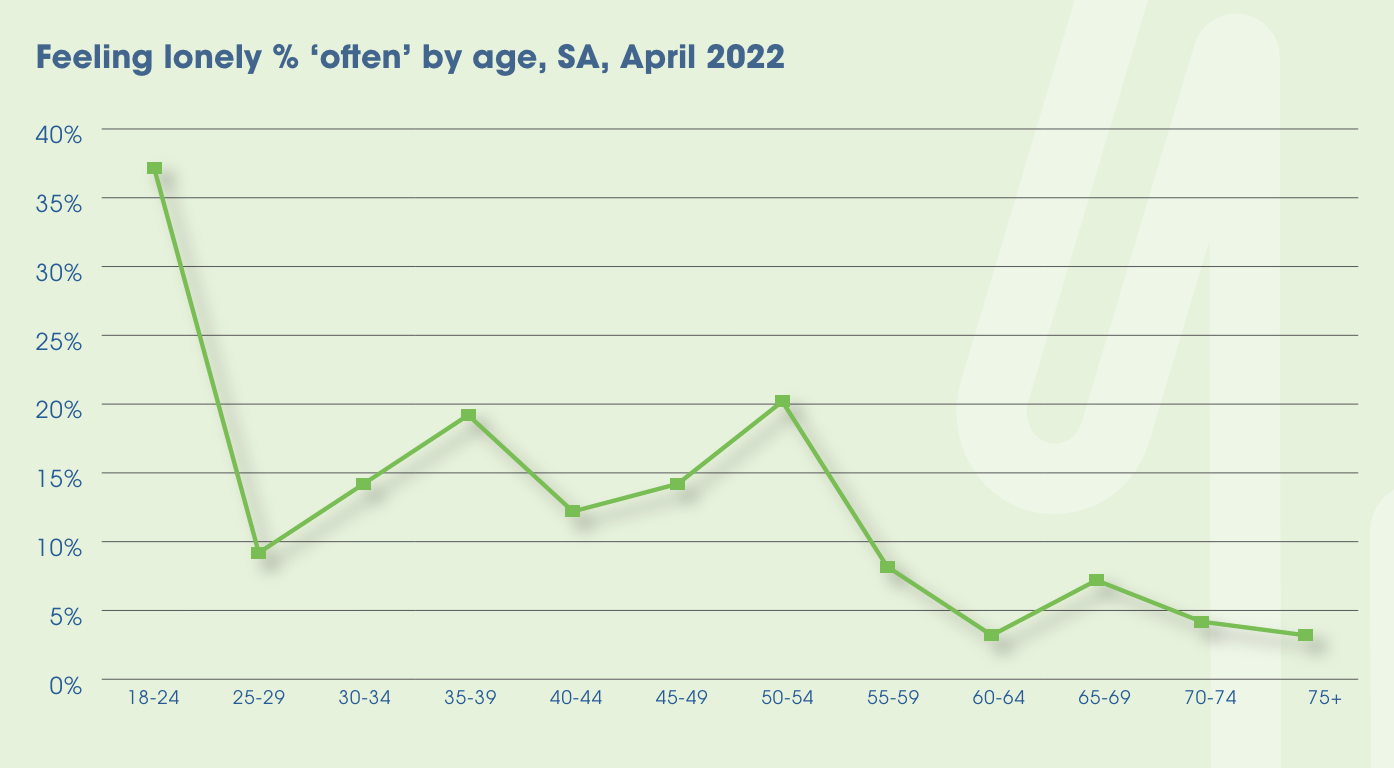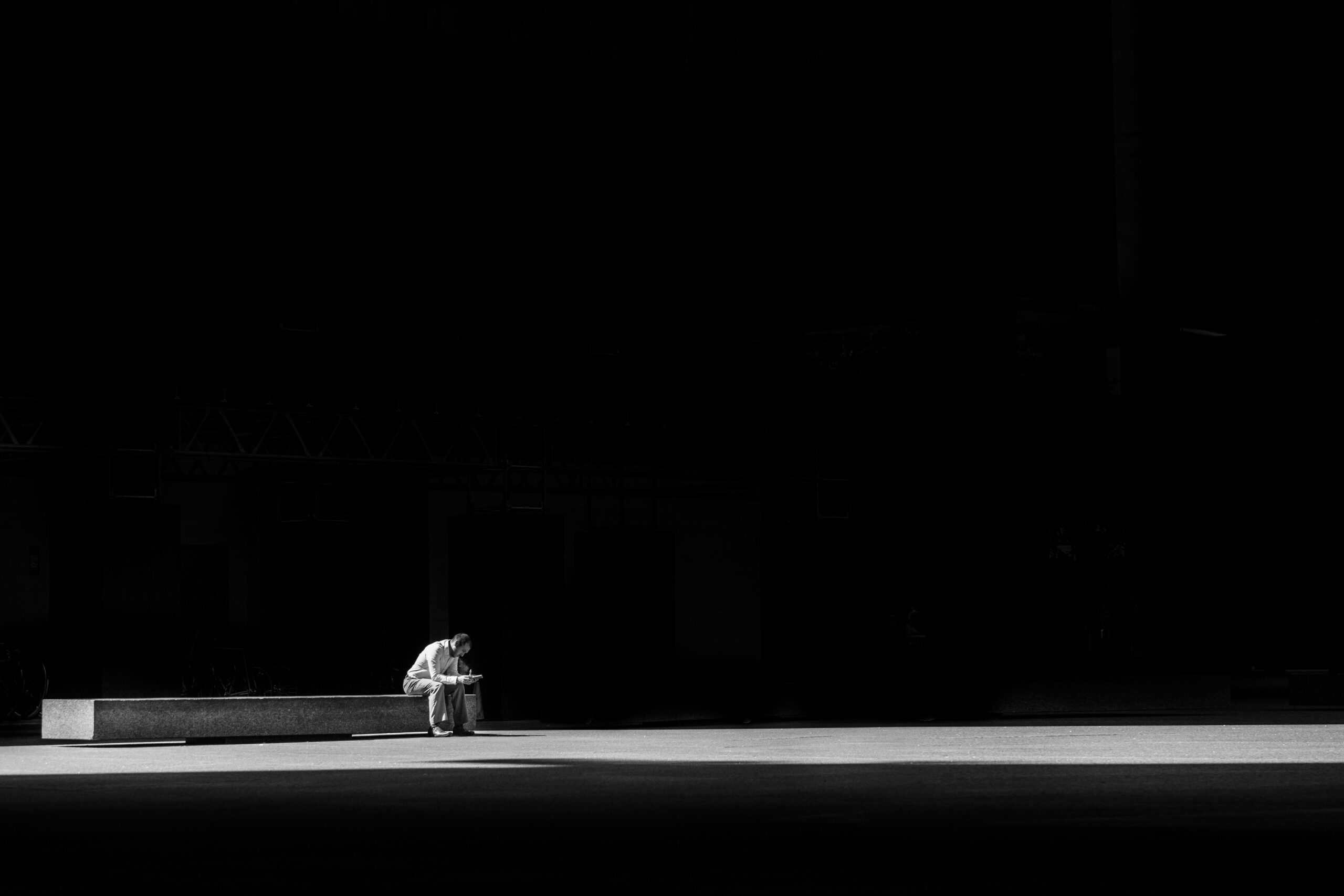Loneliness can be deadly according to new research
A recent longitudinal study in the US has revealed that that middle-aged Americans, from the silent generation to Generation X, experience higher levels of loneliness compared to their European counterparts.
This trend, observed over multiple generations, points to significant implications for public health, given the well-documented link between loneliness and adverse health outcomes. In an article penned for The Conversation, one of the studies authors Associate Professor of Psychology, Arizona State University writes,”We used survey data drawn from over 53,000 middle-aged adults from the U.S. and 13 European nations from 2002 to 2020. We tracked their reported changes in loneliness every two years across the midlife years of 45 to 65.”
“Our study makes clear that middle-aged Americans today are experiencing more loneliness than their peers in European nations. This coincides with existing evidence that mortality rates are rising for working-age adults in the U.S.”
The study underscores the importance of addressing loneliness as a global public health issue, highlighting the need for interventions to promote social connection and support among middle-aged adults. It builds on other studies that have found that loneliness is as dangerous as smoking, and increases one’s vulnerability to sickness, depression, chronic illness and premature death.
In a local context, Uniting Communities has partnered with Square Holes since 2020 on a foundational dataset tracking loneliness in the state of South Australia – with a mind to use the findings to better advocate for those at risk.
According to Uniting Communities, “the Overcoming Loneliness project aims to address and understand loneliness, raise awareness, and develop policy solutions. Our regular surveys give us a better understanding of the prevalence of loneliness in SA and the groups of people most affected.”
The data indicates that 13% of people reported feeling lonely often, and 35% of people feeling lonely sometimes – with regional residents the most affected.

In contrast to the US study, the South Australian study spoke to people across a wide range of ages (18 – 75+), and shows that 18 – 24 year olds are the loneliest community members, sitting at an alarming 88%.


Running biannually, the study’s latest recorded results (April 2023, from Uniting Communities) revealed:
- 15% of respondents often feel lonely.
- 15% of respondents often feel they lack companionship.
- 17% of respondents often feel isolated from others.
- 29% of 18-24 year-olds often feel lonely.
- 19% of 45-49 year-olds often feel lonely
In an interview with Square Holes back in 2022, Rachael Pearse, then Uniting Communities Advocacy Project Officer, says that the ongoing research allows the organisation to effectively support those in need.
“It (the research) enables us to have a stronger argument, both to government and the community, that we’re not just making these claims without anything to back it up. We actually have that reliable data over years to be able to say, this is a consistent and pervasive problem in our community,” says Pearse.
“To be able to back up the claims we’re making is really important in the work that we do in the advocacy space, particularly when you are advocating to government.”
In the same article, Jason Dunstone, Founder and Managing Director of Square Holes stated that the power of market research in these kinds of social studies was providing irrefutable data to back up anecdotal evidence.
“These kind of deep dives into the experiences and prevalence of loneliness in South Australia demonstrate the power of market research in addressing entrenched social issues,” said Dunstone.
Market research has an important role to play in tracking social issues like loneliness by providing valuable insights into the prevalence, trends, and underlying factors associated with such issues.




